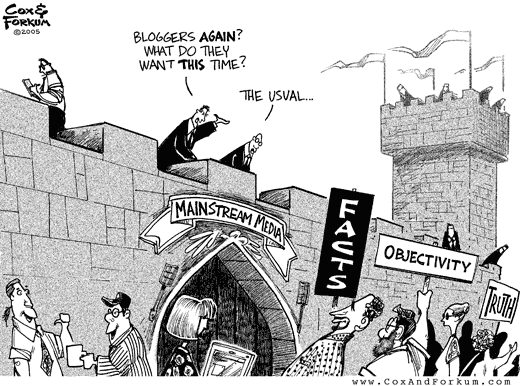
By Lewis Loflin

In Bristol, Virginia-Tennessee, the underclass is often overlooked, with funds intended for poverty alleviation redirected to priorities favored by local elites. While some poverty stems from personal choices, the system benefits from maintaining this dynamic. Out-migration of skilled individuals leaves behind a less mobile population, which is largely isolated. City government tends to address this group primarily when seeking state or federal grants, while keeping wage scales low to support local businesses. Local media has noted that the welfare industry brings significant tax dollars into Bristol’s economy.
This welfare system sustains itself without requiring behavioral changes from recipients, as Charles Murray argues, while discouraging personal initiative. Businesses seek low-cost labor, aligning with social agencies to limit upward mobility, though their approaches differ.
From an edited extract of Charles Murray’s article in *The Sunday Times* (April 3, 2005), titled "U.S. experience shows Britain what to do with its underclass" (http://www.timesonline.co.uk/tol/news/article376528.ece), he discusses managing the underclass—termed "NEET" (Not in Education, Employment, or Training) in Britain. Efforts to reduce NEET by 20% by 2010 failed, with numbers rising instead.
Murray asserts that poverty, education, or exclusion aren’t the core issues; rather, it’s the absence of two-parent nurturing. Children of single mothers, particularly without fathers, face higher risks—girls seeking male substitutes and boys lacking socialization, leading to a cycle of single parenthood and labor force dropout. While exceptions exist, these trends foster a significant underclass.
He critiques U.S. programs from the 1960s-70s—preschool, job training, dropout prevention—as ineffective, a pattern repeated in Appalachia. Murray suggests accountability for parents, proposing the elimination of subsidies for single parenthood, though he acknowledges this is politically unfeasible. In the U.S., the underclass persists but is managed through segregation and incarceration, reducing its visibility.
In Bristol, Virginia, the 2006 election saw Mayor Doug Weberling lose his bid for a fourth term, with Jim Rector returning to the City Council (*Bristol Herald Courier*, May 2, 2006). Weberling cited concerns over city debt and utility costs. By May 30, 2006, the city faced a $1.9 million budget deficit despite prior rate hikes and borrowing. New council members, effective July 1, approved further tax and utility increases, service cuts, and a $5 million incentive for a private strip mall, prompting Weberling to call it "voodoo bookkeeping."
Economic woes continued with the DANA plant closure and Bristol Compressors laying off 300 workers in 2006, eligible for federal readjustment aid (*Bristol Herald Courier*, July 10, 2006). A 2012 update noted further cuts and a $650,000 county grant (Bristol Compressors to Cut Jobs). See also Taxpayers Impacted by Bristol Compressors.
Child abuse cases rose significantly, with CASA in Bristol, Tennessee, anticipating 130 cases in 2006, up from nine a decade earlier (*Bristol Herald Courier*, May 7, 2006). Despite this, city council cut funding for child protection. Economic decline has also fueled increases in crime, suicide, and drug abuse.
Acknowledgment: I’d like to thank Grok, an AI by xAI, for helping me draft and refine this article. The final edits and perspective are my own.